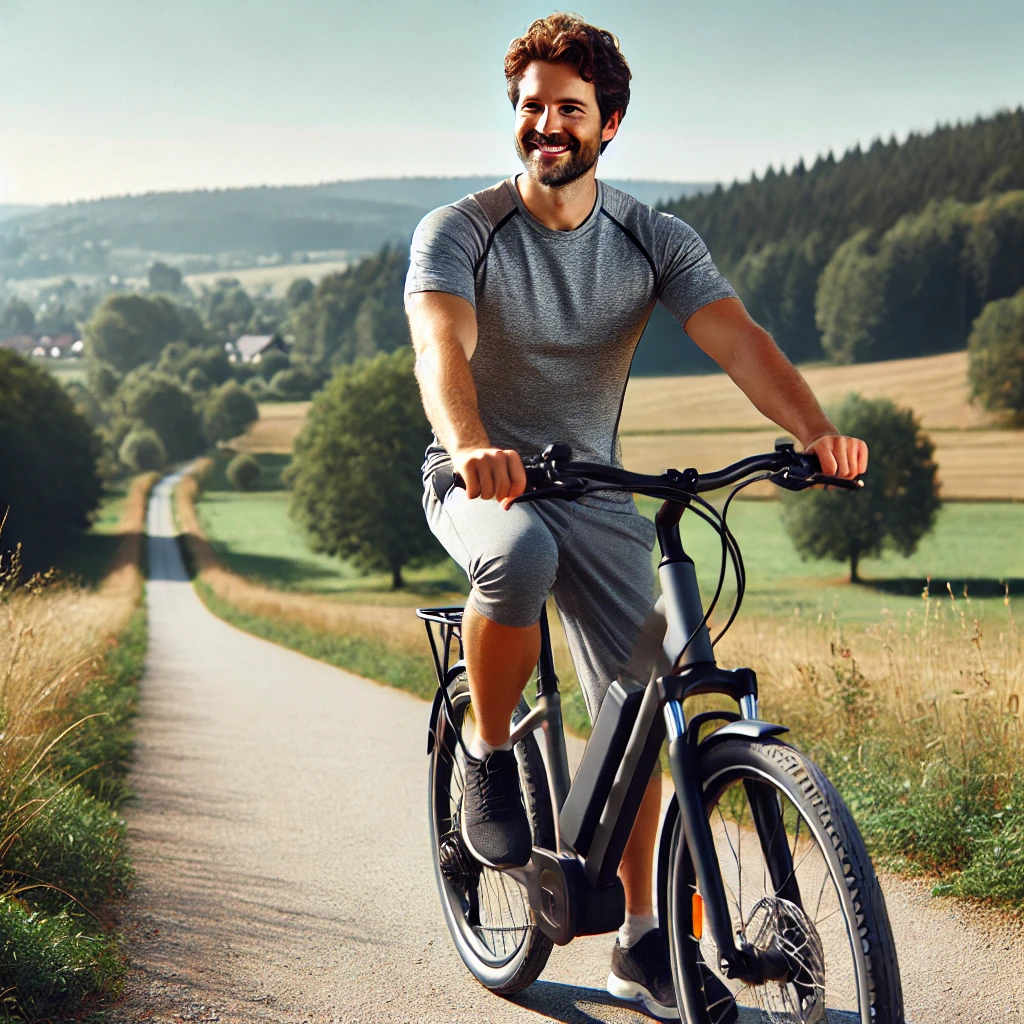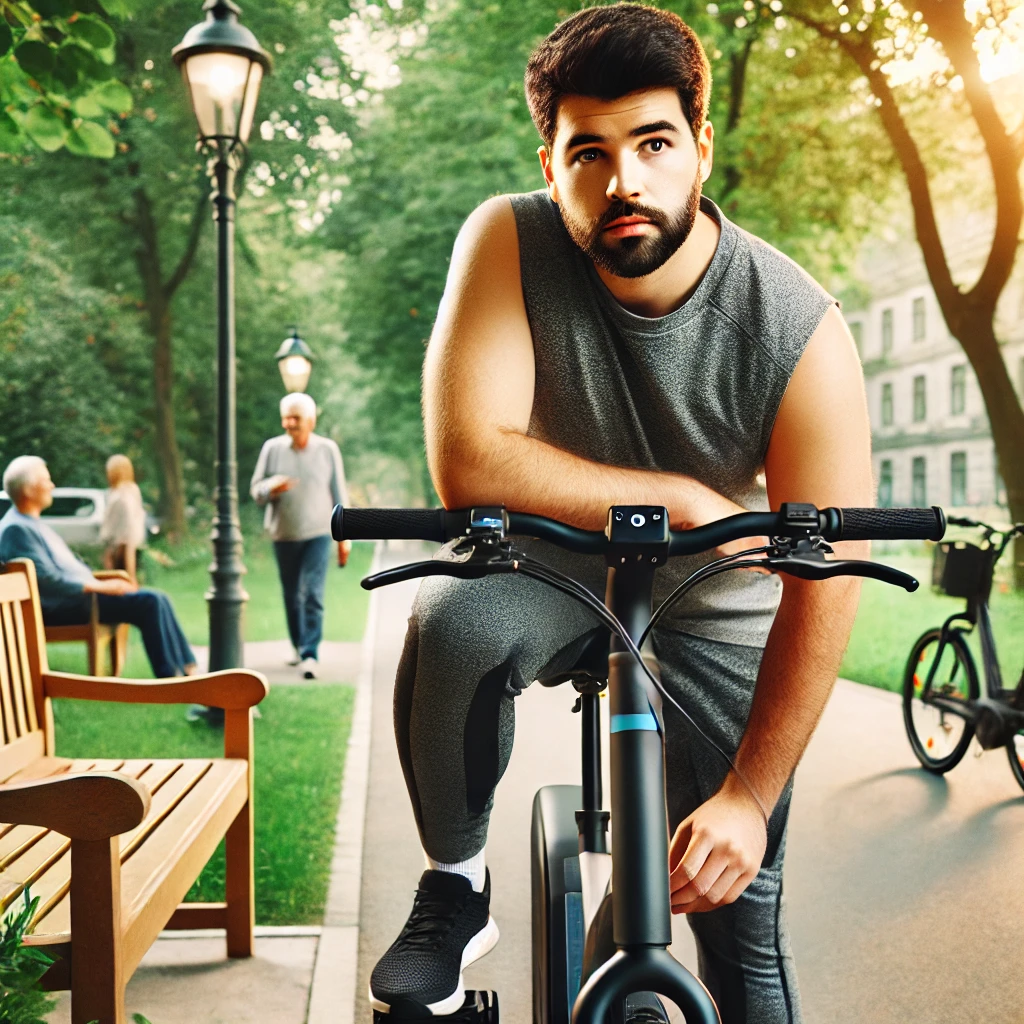In recent years, e-bikes have surged in popularity, offering a new way for individuals to stay active. For those struggling with obesity, e-bikes provide a safe and effective alternative to regular bicycles. While traditional cycling has long been promoted as a way to burn calories and improve cardiovascular health, e-bikes have proven to offer distinct advantages, particularly in reducing injury risk and providing a more accessible fitness option for people who may struggle with regular cycling.

One of the biggest challenges for obese individuals engaging in physical activity is the risk of muscle strain or joint injury, particularly in the knees and lower back. Traditional cycling can place significant strain on muscles, especially for someone with limited physical conditioning. E-bikes, however, allow users to rely on electric assistance, reducing the physical demand placed on their bodies. This assistance can be gradually adjusted, allowing individuals to build strength and stamina over time without overexerting themselves.

E-bikes also encourage more consistent use compared to regular bicycles. The reduced physical effort required makes riding an e-bike less daunting, meaning users are more likely to maintain a regular exercise routine. This consistency is crucial for weight loss, as it helps build the habits necessary for long-term success. Additionally, e-bikes make it easier for users to tackle longer rides or steeper terrain, which would otherwise be too challenging, offering a greater variety of exercise opportunities.

For those who may feel embarrassed or self-conscious about their fitness level, e-bikes provide a comfortable and less intimidating introduction to physical activity. The assistance offered by the electric motor helps overcome the fear of failure or the worry of not being able to keep up, which can often discourage people from even trying in the first place. By removing these psychological barriers, e-bikes open the door to consistent, low-impact exercise that gradually builds endurance and confidence.

E-bikes also offer the flexibility to balance physical effort with enjoyment. Riders can pedal as much or as little as they choose, gradually increasing their activity level without experiencing the exhaustion that might come from a long ride on a traditional bike. This allows obese individuals to focus on making progress toward their fitness goals without the frustration of burnout or injury.

E-bikes offer a more accessible, injury-minimizing, and confidence-building option for obese individuals seeking to lose weight. Their ability to reduce strain, promote consistent exercise, and encourage gradual improvement makes them an ideal tool for sustainable weight loss, allowing users to enjoy the journey while improving their health.





